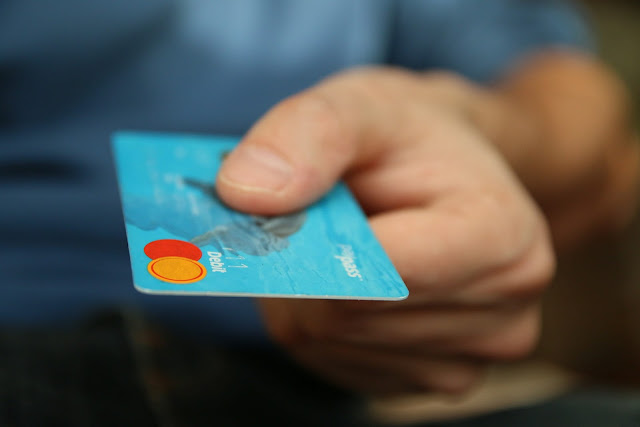Who doesn’t know about Demonetization or wasn’t affected by it by anyway? NO ONE! And post demonetization, digital banking and digital payment transactions have increased and rescued many of us. It was only post Demonetization that the digital payments popularity soared, but it did exist strongly before that too. The initiatives taken by various government and non-government authorities to promote digital banking are really appreciated; but what holds most people back?
 |
| Learn About Digital Banking Safety Image Credits : pixabay.com |
Technology? A few would say an obvious no, with the ease of handy smart phones and data accessibility, technology is definitely not something that holds people back. While there would be a certain set of people, who wouldn’t blame everything on technology, but the vicious threats of it. Just how we would see a yin to a yang, we also often come across the demerits of digital banking, but is technology completely at fault in that? Let’s see…
It isn’t rare that we hear about someone getting duped of their hard money by an online fraudster, but in most cases, remember not all, it is “us” the account holders who commit a mistake. But, there are various ways to avoid that and one of them is not to share the important financial and related transactional information with strangers over random pretentious calls. One such way to avoid is depicted below in a TVC by SBI.
Just like what you saw above, on the occasion of #SBIComputerSecurityDay, SBI shared a few more ways in which you can assure cent percent digital financial security of your account.
- Frequently change your Debit Card, ATM Card, Login and Transaction pins and keep them a secret. Another important thing to remember is to avoid usage of obvious passwords like your car number, bike number, birth date, anniversary date, etc. Just to inform you, the most common online banking passwords are 1111, 9876, 0011, 1234567, qwerty, password. So avoid a sequential string of number or alphabets.
- Who doesn’t love the comfort of paying bills from the comfort of a chair? Avoid that, make sure you yourself enter your passwords in the POS machines for Debit/Credit card payments and not handover the card and password to the waiter or waitress.
- Never share your OTP (One Time Passwords) with anyone, remember not with anyone, not even the bank employees where your account functions.
- It is recommended to avoid doing financial transactions over a public Wi-Fi or an unprotected i.e. non-https sites. Remember when you are logging in to a financial transaction website it should start with https and not http or www. Example below for the SBI website, similar all the websites you do a financial transaction on, you should definitely look at this.
 |
| Learn About Digital Banking Safety - SBI BANK |
For more information on digital transaction safety, do read the blog by SBI by clicking on Safe Usage of I.T.
This #SBIComputerSecurityDay, make someone aware of this and enable them to perform online banking with ease and safety.


Though most of the points mentioned are followed by me, are there any specific tips on creating difficult passwords?
ReplyDelete